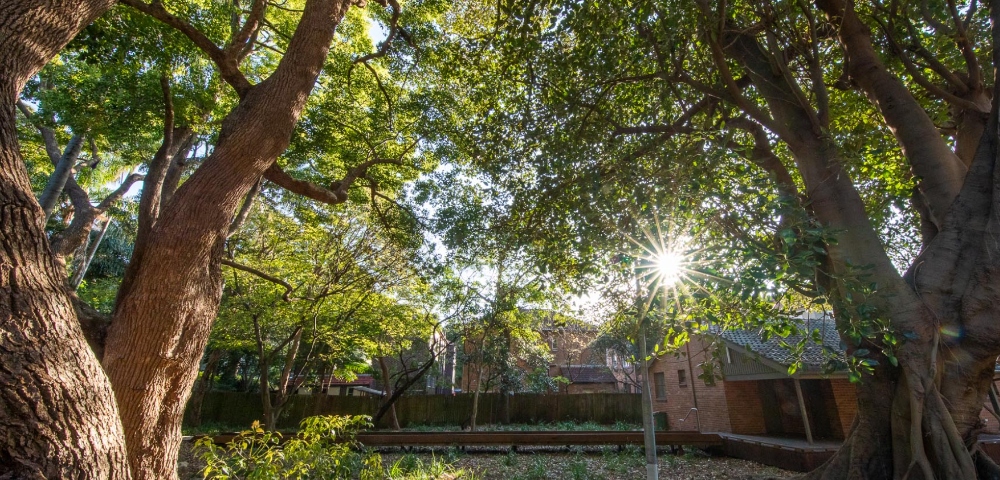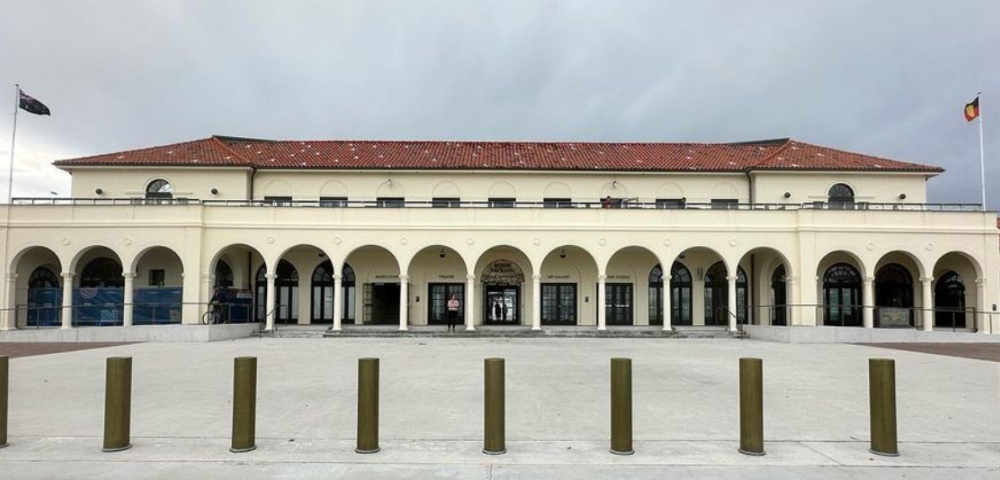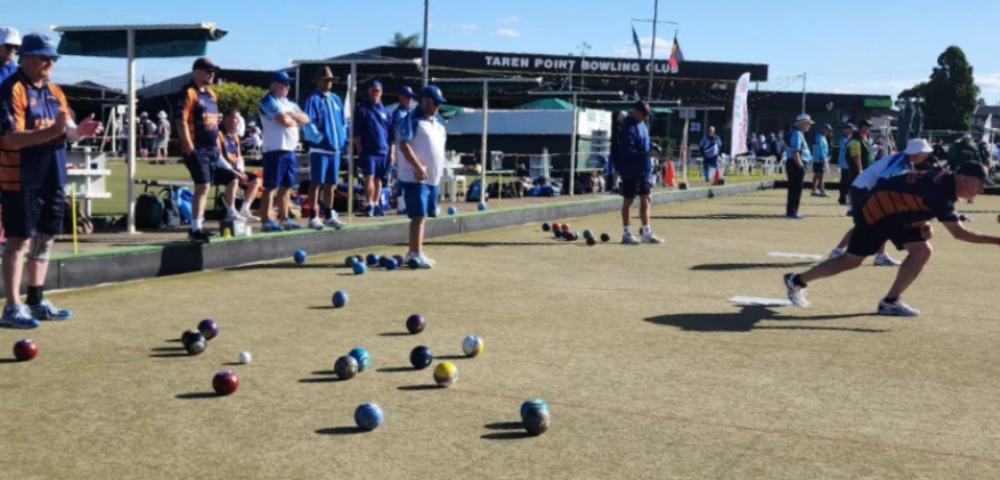
Air patrol keeps beaches safe
When Sydneysiders and the thousands who flock to this city in summer head for the beach, the Westpac Life Saver Rescue Helicopter service takes to the air to make sure they can play safely in the surf.
This year patrolling started early and so far there have been 49 missions: from November to January 1 the service conducted several rescue operations, including 12 water craft rescues, five searches at sea and one beacon search, two beach searches (searching the water close to the beach), and one body recovery. It also rescued two divers and three surfers.
Due to the lack of wind and cold weather it has been significantly quieter than in previous years.
The helicopter will conduct daily aerial patrols until the end of January 2010.
The patrols cover the area from the Central Coast in the north to Wollongong in the south, as well as responding to coastal-based search and rescue emergencies.
During each aerial patrol the crew are on the lookout for sharks, swimmers, surfers and marine vessels in distress. Unattended fishing equipment may also alert the crew to a potential rock fishing accident. The service provides valuable back up support for police and water police services and works in tandem with volunteer surf lifesavers to ensure the safety of Sydney’s beaches.
The twin engine Kawasaki BK117 B2 helicopter is equipped to land on any flat open space, including the area behind beaches, and travels at speeds of up to 240 km per hour. Its ability to hover low and manoeuvre in and out of tight landing zones allows for a quick proactive rescue response.
Peter Yates, chief pilot from the Westpac Life Saver Rescue Helicopter Sydney Region, said their increased presence should help alleviate the public’s fear of sharks.
“If the helicopter does spot a shark in coastal waters and it is thought to be a potential hazard to beachgoers, the helicopter will sound a siren to warn beachgoers of the danger and has the ability to hover over that shark to help scare it back out to sea,” he said.
“Don’t swim at dusk or dawn, avoid swimming in areas where bait fish are present and most importantly, always swim at a patrolled beach between the red and yellow flags.”
No one has ever had to pay to be rescued by the Westpac Life Saver Rescue Helicopter. It is a free community search and rescue service that relies on corporate sponsorship and public donations. The daily aerial patrols will be scaled back to weekends and public holidays from February.









